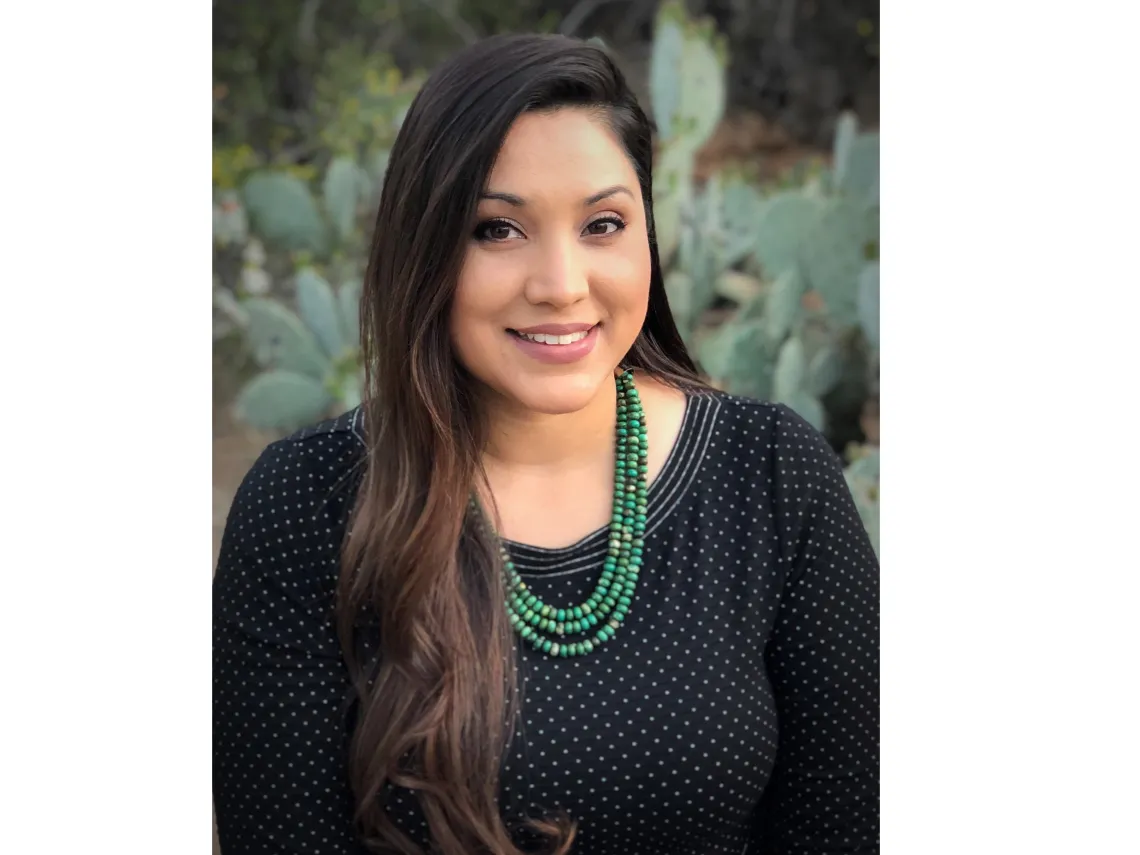Interview with National NALSA President Paulene Abeyta

University of Arizona Law rising 3L Paulene Abeyta sat down to discuss her path to law school and her recent election as president of the National Native American Law Students Association (NALSA).
This marks the second time in the last 3 years that a University of Arizona Law student has been elected as National NALSA president. In 2017, Jacob Metoxen was elected to the position.
Name: Paulene Abeyta
Undergraduate institution: University of New Mexico
Year: 3L (Class of 2021)
Organization: President of National NALSA (Native American Law Students Association)
Ya’ah’teeh! My name is Paulene Abeyta and I am an enrolled member of the Navajo Nation. I am a third-year law student at the University of Arizona. In April I was elected President of the National Native American Law Students Association. Prior to law school, I earned dual degrees summa cum laude in Native American Studies and Communication with a minor in Geography from the University of New Mexico.
What was your motivation to go into indigenous law?
It has been seven years since my grandmother passed away, but I always remember her talking about the value of going to school. Most importantly, I remember her encouraging me to go to school so I could use my education to help others and our community. After I earned my BA degrees, I ran for two seats, one on the local school board and the other on the health board. I successfully won both elections and got to work right away. As a board member, I was responsible for understanding substantial government contracts and intricate policies. I will admit the work was intimidating at first, but I quickly saw an opportunity to learn more. It was not long before I realized that I needed to go to law school to be in a better position to help.
What do you aspire to do through your career?
I am interested in promoting Indian health and Indian education by helping tribes exercise control over their programs for the benefit of tribal citizens. My current areas of interest and research are the Snyder Act of 1921, the Indian Self-Determination and Education Assistance Act of 1975, the Education Amendments of 1978, and the Tribally Controlled Schools Act of 1988.
Who or what has been the biggest influence for you so far?
During my first year of law school, eight out of the 10 professors I took classes with were women. That was empowering! During my second year, I worked closely with Professor Melissa Tatum on the National NALSA Writing Competition. Her passion for legal scholarship in the field of Federal Indian Law helped make this year’s competition a success. Her mentorship continues to help me develop my leadership skills. As a third-year law student, I have the honor of working as a research assistant for Regents Professor of Law Rebecca Tsosie. Her knowledge base is phenomenal! I admire her guidance and instruction. And of course, Professor (Robert) Williams and his program have provided endless support. I meet with Professor Williams throughout the semester to discuss my progress and strategize for the upcoming semesters. His passion for student success and his support for my role with National NALSA have been extremely helpful.
My law school experience would not be what it is without the support from my husband, children, and close family and friends. Together we have made it work.
